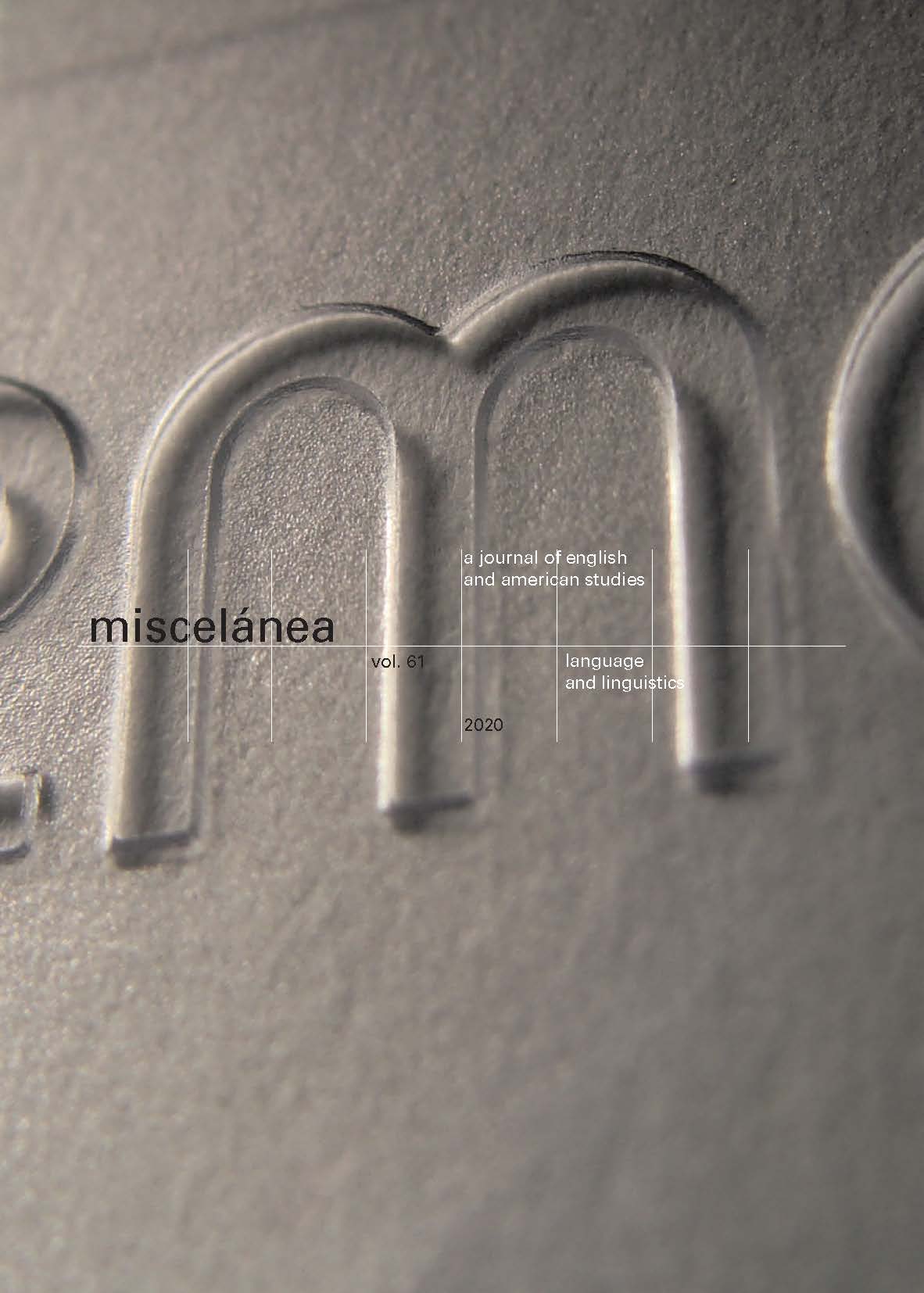Aculturación a través del análisis lingüístico del cambio de código en tres historias: “Invierno”, “Nilda” y “The Pura Principle” (Díaz 2012)
DOI:
https://doi.org/10.26754/ojs_misc/mj.20205139Palabras clave:
Cambio de código, Identidad, Aculturación, Densidad léxica, Edad de adquisiciónResumen
El propósito de este artículo es comprobar si Yunior, personaje y narrador en los tres relatos que se analizan, “Invierno”, “The Pura Principle” y “Nilda”, se acultura a la cultura estadounidense u obtiene una relación positiva con esta cultura sin perder su identidad dominicana. Para evaluar la progresión lingüística de Yunior se llevó a cabo un análisis cuantitativo del vocabulario utilizado por él en los relatos en su cambio de código a la L1 (español) y del vocabulario en la L2 (inglés). El cambio de código se analizó porque ayuda a entender cómo la situación y el contexto influyen en el uso del lenguaje y en por qué los personajes usan el lenguaje
que usan. Los resultados obtenidos, con tres medidas léxicas utilizadas normalmente en la investigación de lenguas extranjeras (densidad léxica, edad de adquisición y sofisticación léxica), nos permitieron valorar el cambio de identidad de Yunior. De acuerdo con el modelo de aculturación, Yunior se acultura en el país anfitrión, mostrando una progresión e integración con muchos aspectos culturales de la vida estadounidense y el idioma inglés debido a la educación formal y a una edad temprana de adquisición de la L2.


